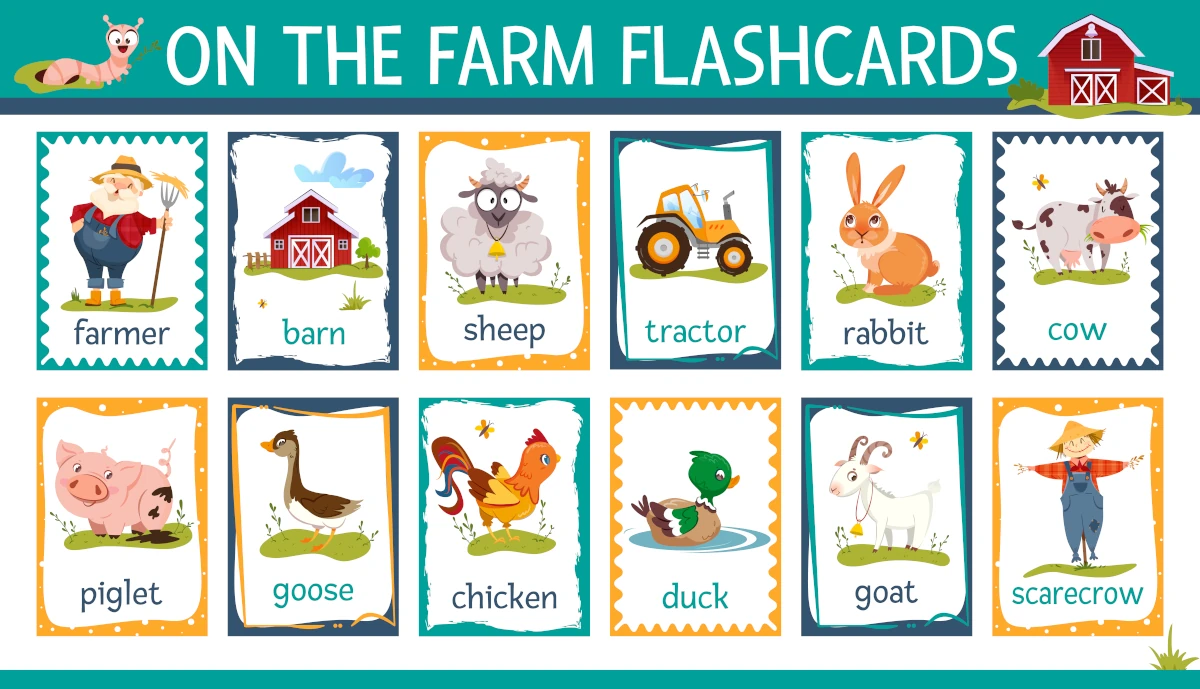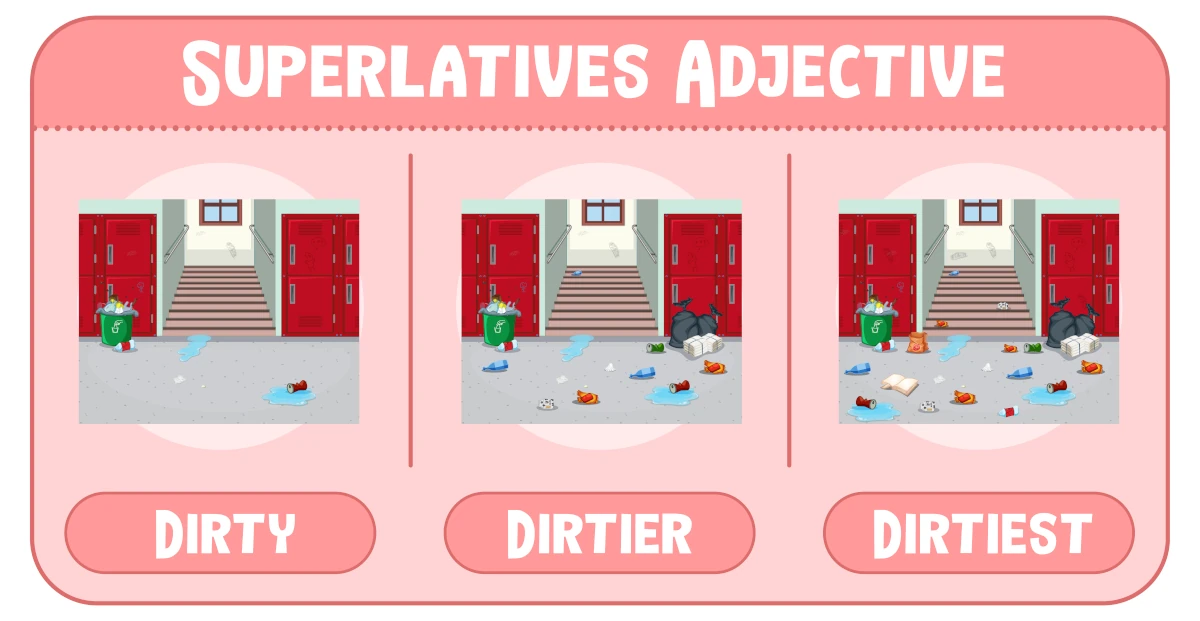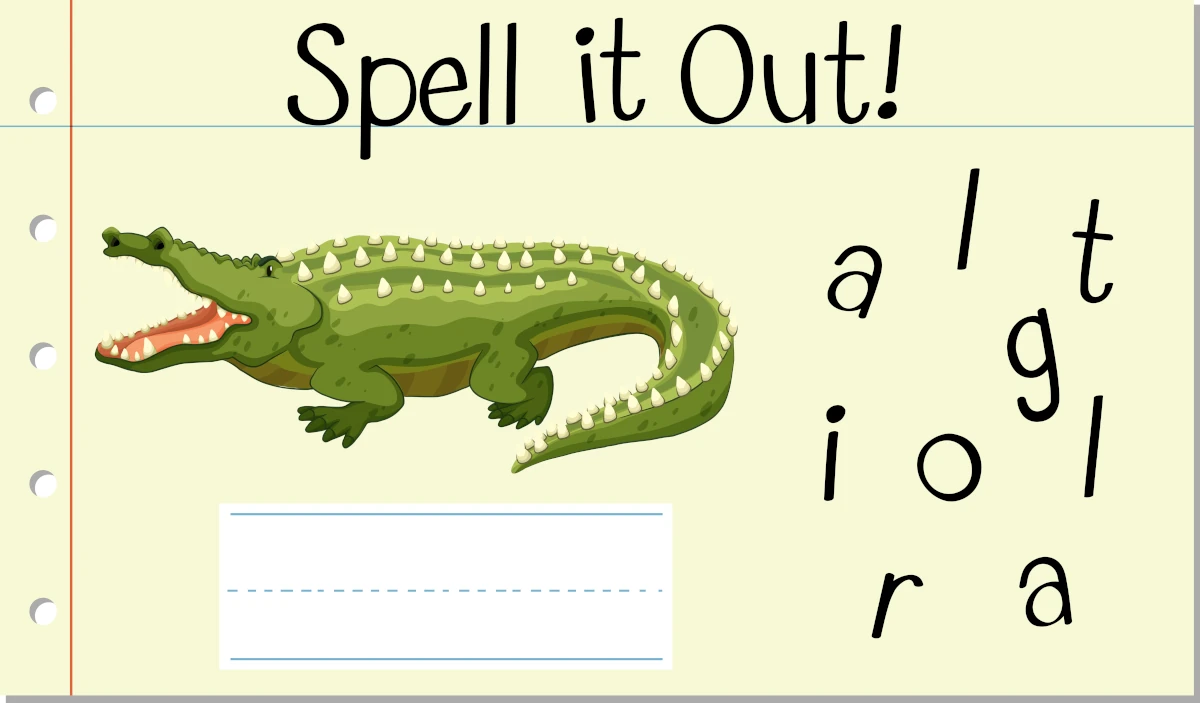Introduction
Flashcards are a versatile and powerful learning tool that can enhance memory retention and aid in understanding complex concepts. They are used across various educational levels and subjects, from language learning to scientific terminology.
This guide will explore how to use flashcards effectively, detailing proven techniques and offering tips to maximise their impact.
Benefits of Using Flashcards
Using flashcards for studying offers numerous benefits, including:
- Active Recall: Encourages active engagement with the material, enhancing memory retention.
- Spaced Repetition: Promotes long-term memorisation by spacing study sessions over time.
- Portability: Easy to carry and use anywhere, making study sessions flexible.
- Customizability: Allows for personalised content, catering to individual learning needs.
How to Create Effective Flashcards
Write Them Yourself
Creating your own flashcards is more effective than using pre-made ones. Writing them out helps reinforce the material in your memory. It ensures you understand the content thoroughly and can customise them to suit your learning style.
Focused Content
- Single Concept Per Card: Avoid overcrowding the cards with too much information. Instead, focus on one concept per card to enhance clarity and recall.
- Clear and Concise: Keep your flashcards simple. Use clear, concise language to ensure you can quickly grasp the key points.
Visual Aids
- Images and Diagrams: Visual aids can significantly enhance memory retention. Whenever possible, include images, diagrams, or charts on your flashcards. This makes the information more engaging and easier to remember.
- Color Coding: Use colours to categorise information, making it easier to organise and recall.
Practical Tips for Making Flashcards
Techniques for Using Flashcards
Shuffle Regularly
To ensure you are not simply memorising the order of the cards, shuffle them regularly. This forces your brain to recall the information without relying on sequence, making your learning more robust.
Practice Daily
Consistency is key to effective learning. Spend a few minutes each day reviewing your flashcards. Daily practice helps reinforce your memory and keeps the information fresh.
Utilise Both Sides
Use both sides of the flashcard to test your knowledge. Write a question or keyword on one side and the answer or definition on the other. This encourages active recall and helps solidify your understanding of the material.
Group Related Cards
Group related flashcards together to create connections between different pieces of information. This method helps you understand how concepts interrelate and enhances your overall comprehension.
Use the Leitner System
The Leitner system is a well-known method for using flashcards. It involves sorting cards into different boxes based on how well you know each one. Cards you know well are reviewed less frequently, while those you struggle with are reviewed more often. This ensures efficient use of study time and reinforces weaker areas.
Active Recall
- Testing Yourself: Actively test your knowledge rather than passively reviewing cards.
- Immediate Feedback: Check the answer immediately to reinforce learning.
Spaced Repetition
- Scheduling Reviews: Use a spaced repetition schedule to review cards at increasing intervals.
- Apps for Assistance: Use apps designed for spaced repetition to automate this process.
Interleaved Practice
- Mixing Subjects: Alternate between different subjects or topics to enhance problem-solving skills.
- Varied Practice: Include different types of questions to test understanding from multiple angles.
Flashcards for Different Subjects
Language Learning
- Vocabulary: Create cards for new words and phrases, including their meanings and usage.
- Grammar: Use cards to drill grammatical rules and sentence structures.
Science and Math
- Formulas and Equations: Write formulas on one side and their applications or derivations on the other.
- Concepts: Include key concepts and their explanations or examples.
History and Social Studies
- Dates and Events: Create cards for significant dates, events, and their implications.
- Figures and Contributions: Include important figures and their contributions or significance.
Digital Flashcards
Flashcard Apps
There are numerous digital flashcard apps available that can enhance your study experience. Apps like Anki, Quizlet, and Brainscape allow you to create, organise, and study flashcards on your devices.
These apps often include features like spaced repetition algorithms and multimedia support, making your study sessions more effective.
Sync Across Devices
One of the advantages of digital flashcards is the ability to sync across multiple devices. This means you can study on your phone, tablet, or computer, and your progress will be saved.
This convenience ensures you can study whenever and wherever you have time.
Share and Collaborate
Digital flashcard apps often have features that allow you to share your cards with others or collaborate on creating them.
This is especially useful for group study sessions or sharing resources with classmates.
Incorporating Flashcards into Study Routine
Daily Review Sessions
- Short Sessions: Dedicate 10-15 minutes daily to review flashcards, focusing on different sets.
- Consistent Schedule: Establish a routine to ensure regular practice.
Group Study
- Interactive Learning: Use flashcards in group study sessions to test each other.
- Discussion and Explanation: Discuss and explain answers to deepen understanding.
Progress Tracking
- Performance Metrics: Track performance on flashcards to identify areas needing improvement.
- Adjust Strategies: Modify flashcard content or review frequency based on performance data.
Conclusion
Flashcards are a powerful and flexible study tool that can greatly enhance learning and retention when used effectively. By incorporating techniques such as active recall, spaced repetition, and interleaved practice, students can improve their understanding and memorisation of various subjects.
Whether you prefer physical flashcards or digital ones, the key is consistency and engagement. Flashcards offer a portable, customisable, and interactive way to study, making them suitable for a wide range of learners and educational contexts.
Embrace the power of flashcards to transform your study habits and achieve academic success.
Related Articles
- Top 10 Educational Tools for Effective Learning
- Best Study Apps for Students
- Top Note-Taking Strategies for Students
- 10 Best Study Apps for Students
- The Dynamics of Early Learning
- Never Stop Learning: Give The Best Learning Resources To Your Little Ones
- Benefits of Early Learning: Today’s Learner, Tomorrow’s Leader
Frequently Asked Questions:
Anki and Quizlet are highly recommended. Anki uses a spaced repetition system, while Quizlet offers interactive study modes and games.
Review flashcards daily for short sessions and use spaced repetition to schedule reviews at increasing intervals.
Yes, when combined with techniques like active recall and spaced repetition, flashcards can significantly improve long-term retention.
Both have their advantages. Physical flashcards can enhance memorisation through writing, while digital flashcards offer convenience and features like spaced repetition.
Affiliate Declaration:
The use of affiliate links on this website may result in earning a small commission for any purchases made, at no additional cost to you (the user). Please review our privacy and cookie policy, as well as our affiliate disclaimer.




